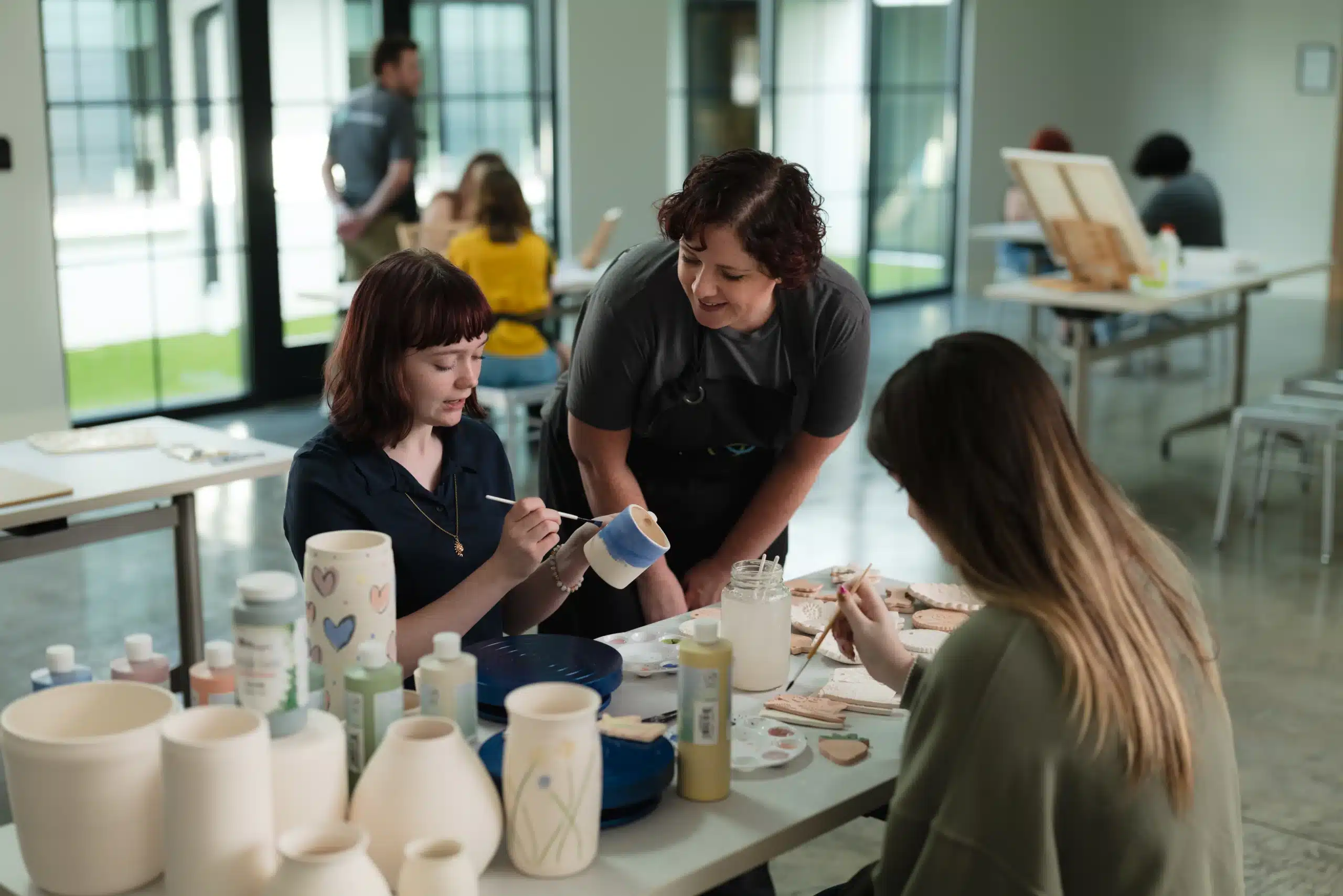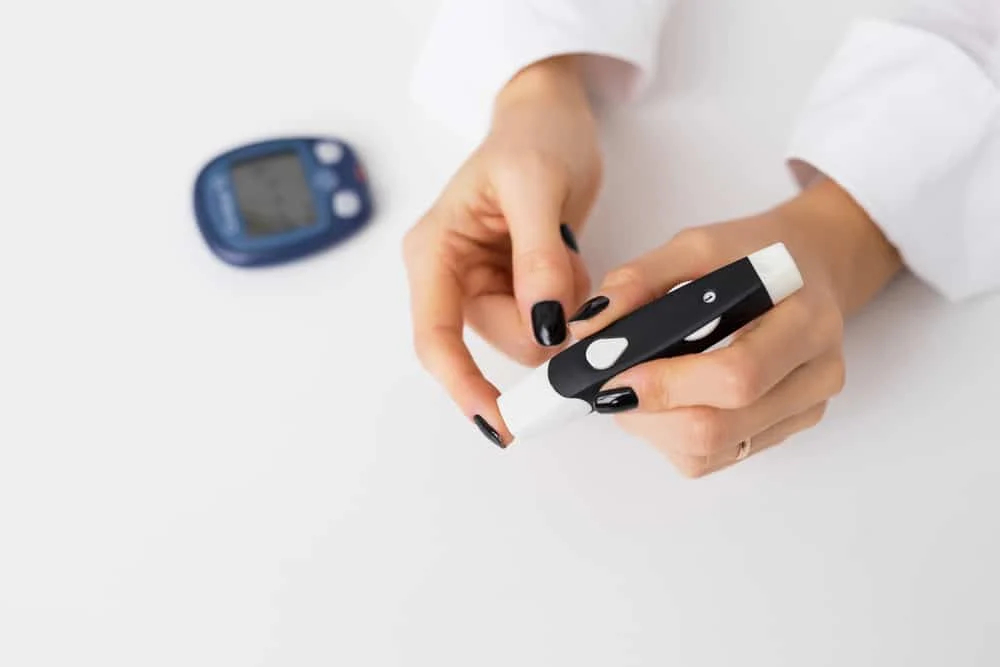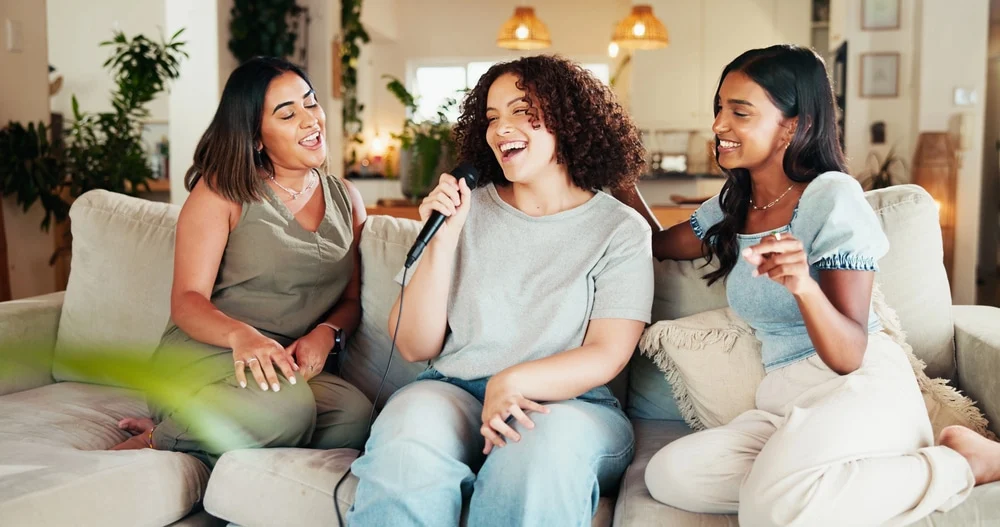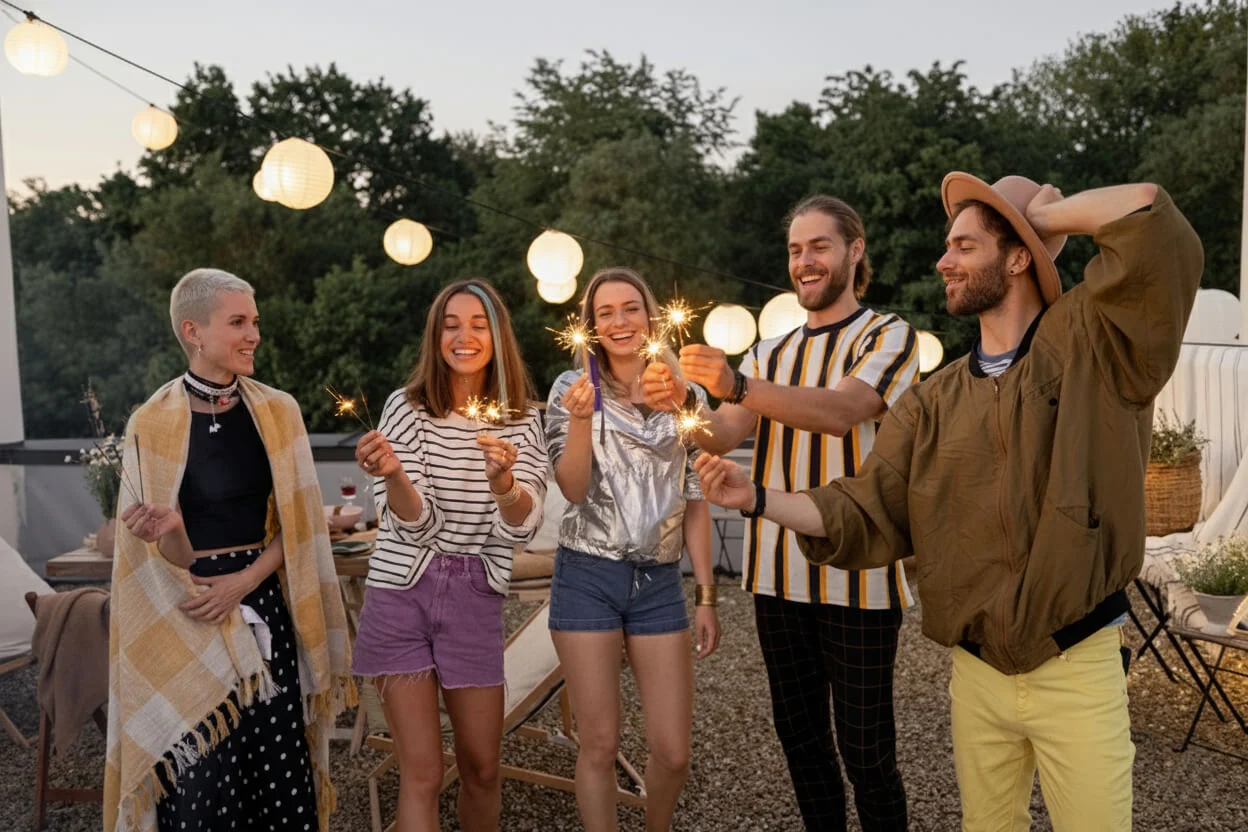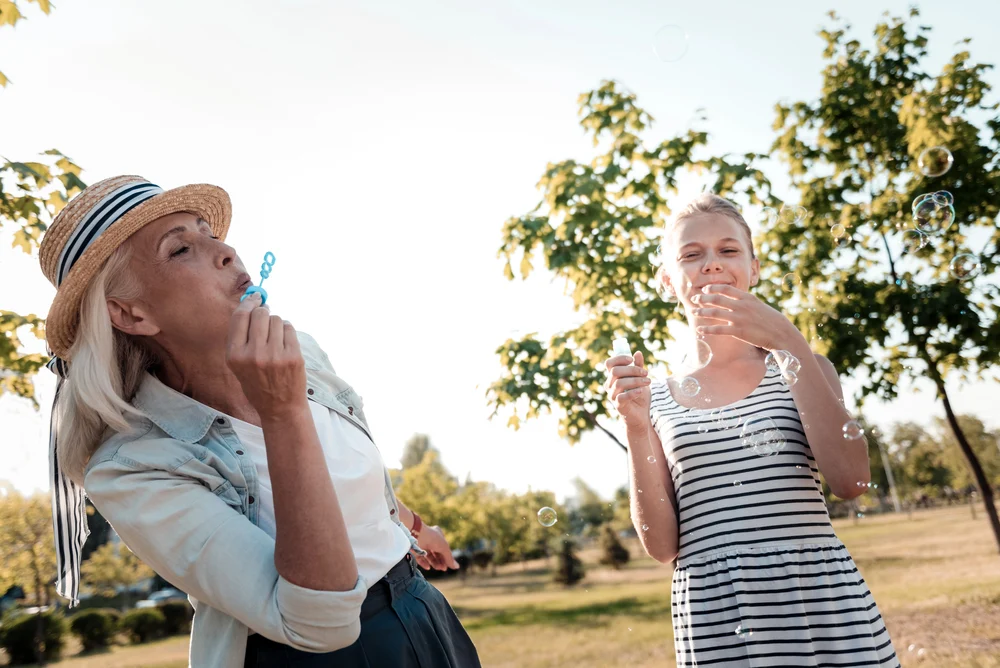You open TikTok after dinner, and within minutes, your feed is filled with videos showing “What I Eat in a Day,” weight loss transformations, or influencers explaining strict food rules. At first, the content may seem harmless or even inspiring. Over time, though, these videos can leave you comparing yourself to strangers, feeling guilty about your own meals, or wishing your body looked different.
This is one of the many ways toxic diet culture shows up in everyday life. It is more than just dieting. It is a set of beliefs and messages that link your worth to your body shape and eating habits, and its effect on mental health is significant.
What Is Toxic Diet Culture?
Toxic diet culture is the belief system that promotes thinness and strict control over food as the standard for health, beauty, and even moral value. It sends the message that certain body types are “better,” that some foods are “good” while others are “bad,” and that weight loss is always a positive goal.
This culture is present in marketing campaigns, casual conversations, and especially online. From “detox teas” promoted by celebrities to fitness slogans like “no excuses,” it reinforces the idea that your value depends on your body size and what you eat.
The National Eating Disorders Collaboration explains that dieting and restrictive behaviors are linked with shame, anxiety, and a higher risk for disordered eating patterns 1.
Viral Examples on Social Media
On TikTok, Instagram, and YouTube, the #WhatIEatInADay trend exploded in popularity. These videos usually showcase a person’s meals and snacks throughout the day. While some creators use them for inspiration, others share them alongside calorie counts or fitness content. This can lead to harmful comparisons, especially for those already struggling with food and body image. Researchers studying this trend have found that these videos often reinforce rigid rules, making viewers question whether they are eating “too much” or “too little.” 2
A University of Vermont study found that TikTok content related to nutrition and weight loss is heavily skewed toward diet culture messages, rather than providing balanced or evidence-based information. The study also found that the most popular videos rarely feature registered dietitians or health professionals, making it harder for viewers to access accurate information 3.
Other viral examples include the “Three Bite Rule,” where influencers encourage people to take only three bites of dessert or an indulgent food. While promoted as mindful eating, experts warn that it can encourage guilt and shame surrounding food choices 4.
How Toxic Diet Culture Impacts Mental Health
Body dissatisfaction and shame
Constant exposure to images and messages that glorify thinness can make people feel their bodies will never measure up. Shame and low self-esteem often follow.
Anxiety and guilt around food
Instead of enjoying meals, eating becomes filled with worry about portion sizes, calorie counts, or “forbidden” foods. This damages trust in natural hunger and fullness cues.
Risk of disordered eating
Research shows that consuming diet-centered content online increases the risk of disordered eating behaviors, including restrictive diets and bingeing 2.
Depression and anxiety symptoms
A review of TikTok use among adolescents found a strong connection between heavy exposure and symptoms of anxiety and depression, which can be intensified by diet culture content 5.
Distorted relationship with food
Instead of seeing food as nourishment and joy, toxic diet culture frames it as a moral choice. This mindset can lead to obsessive or restrictive eating patterns, including conditions such as orthorexia.
Moving Away From Toxic Diet Culture
- Unfollow harmful content: Curate your social media feed to avoid accounts that promote extreme diets, body shaming, or rigid rules. Replace them with voices that celebrate body diversity and intuitive eating.
- Practice intuitive eating: Learn to listen to your body’s hunger and fullness signals. Allow space for all types of foods without guilt.
- Challenge food labels: Drop the idea that foods are inherently “good” or “bad.” Instead, focus on balance and variety.
- Seek support: Talk openly with trusted friends, family, or professionals about how diet culture affects you. Community support can break the cycle of shame.
- Work with professionals: Registered dietitians, therapists, and treatment centers can help untangle the influence of diet culture and rebuild a healthy relationship with food.
How NewCircle Supports Recovery
At NewCircle, we recognize how toxic diet culture contributes to the development of eating disorders and ongoing struggles with body image. Our approach to care is trauma-informed, inclusive, and grounded in respect for every person’s unique identity and lived experience.
We do not ask you to fit into diet culture’s narrow standards. Instead, we work with you to heal both body and mind. Treatment may include therapy, nutrition counseling, group support, and creative therapies that help you reconnect with yourself in healthier ways.
FAQs About Toxic Diet Culture
Is diet culture always harmful?
Not every health or nutrition choice is toxic. What makes it harmful is when messages tie moral value, worth, or belonging to weight, appearance, or strict food rules.
Why are “What I Eat in a Day” videos considered harmful?
They often encourage comparison and imply there is a right or wrong way to eat. For viewers vulnerable to disordered eating, this content can increase anxiety and guilt around food.
How can I tell if I am caught in toxic diet culture?
If you feel frequent shame or stress around eating, avoid social events because of food, or tie your self-worth to your body size, these are red flags.
What are healthier alternatives to diet culture?
Practices such as intuitive eating, body neutrality, and balanced approaches to nutrition can help you step away from rigid food rules.
Can recovery last?
Yes. With compassionate support, practical tools, and a community that values you for more than your body size, it is possible to sustain lasting recovery.
Choosing a Healthier Path Forward
Toxic diet culture thrives on comparison, shame, and unrealistic expectations. You deserve a relationship with food and your body that is free from guilt and filled with respect and care. If you or someone you love is feeling trapped by diet culture, NewCircle is here to help.
Reach out today and take the first step toward recovery in a space that values your full story.
Sources:
- National Eating Disorders Collaboration. (n.d.). Disordered eating & dieting. Retrieved September 16, 2025, from https://nedc.com.au/eating-disorders/eating-disorders-explained/disordered-eating-and-dieting
- Davis, H. A., Kells, M. R., Roske, C., Holzman, S., & Wildes, J. E. (2023). A reflexive thematic analysis of #WhatIEatInADay on TikTok. Eating Behaviors, 50, 101759. https://doi.org/10.1016/j.eatbeh.2023.101759
- University of Vermont. (2022, November 3). TikTok perpetuates toxic diet culture among teens and young adults. University of Vermont. Retrieved September 16, 2025, fromhttps://www.uvm.edu/cals/news/uvm-study-shows-tiktok-perpetuates-toxic-diet-culture-among-teens-and-young-adults
- Marie Claire. (2023, April 6). TikTok’s “Three Bite Rule” is going viral, but experts say it’s problematic. Marie Claire UK. Retrieved September 16, 2025, from https://www.marieclaire.co.uk/life/health-fitness/tiktok-three-bite-rule
- Bahnweg, E., & Omar, H. (2023). Effects of TikTok on adolescent mental health and wellbeing. Dynamics of Human Health, 10(1). https://www.journalofhealth.co.nz/wp-content/uploads/2023/04/DHH_TikTok_Hatim.pdf


